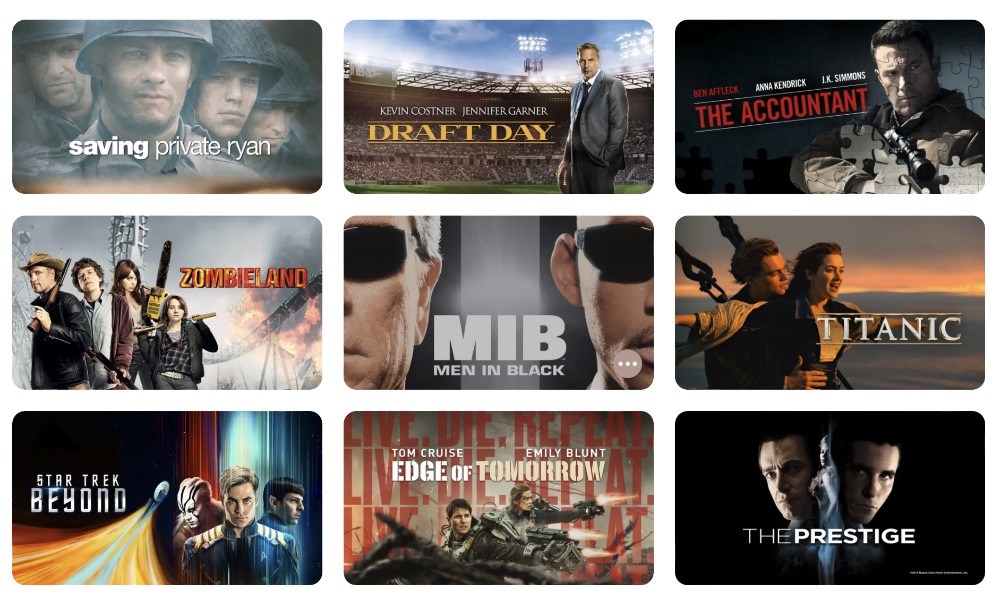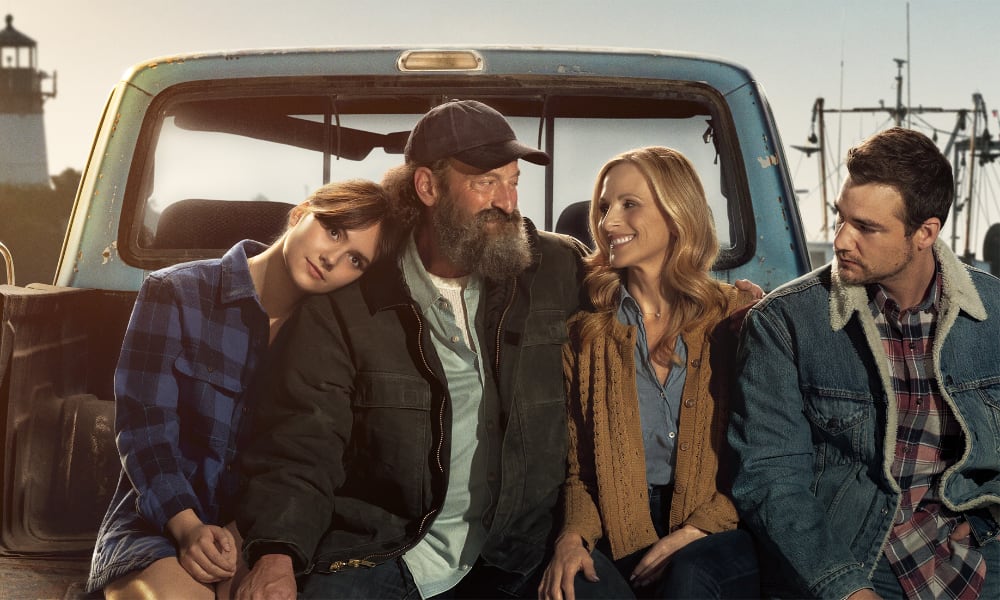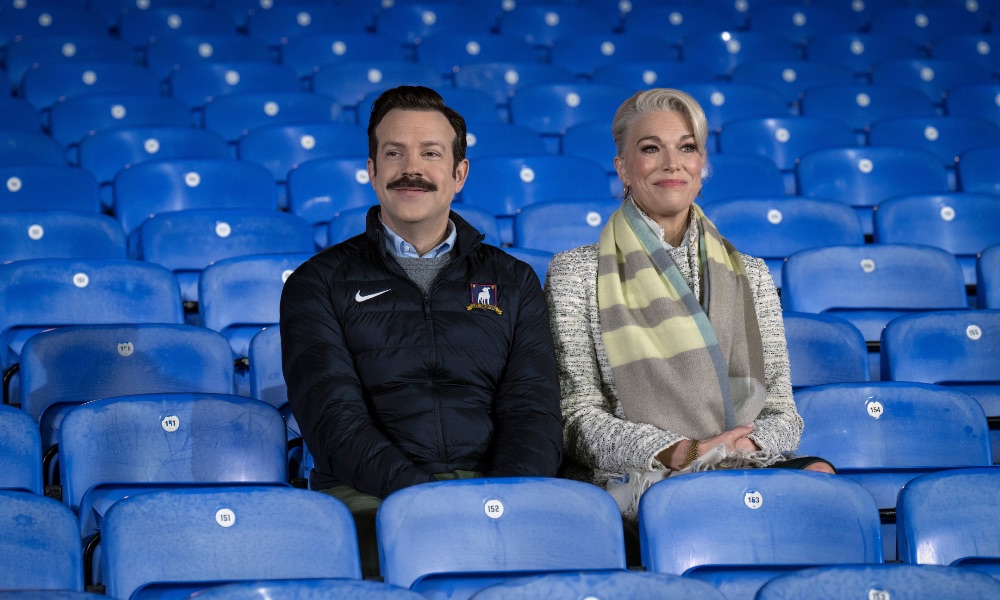Apple TV+ May Soon Move Beyond ‘Apple Originals’
 Credit: DANIEL CONSTANTE / Shutterstock
Credit: DANIEL CONSTANTE / Shutterstock
Toggle Dark Mode
When Apple TV+ debuted in 2019, it was unique among streaming services. Instead of offering a library of licensed content from other networks and studios, Apple set out to build its streaming empire solely on “original” content.
It was a novel idea, and while not everything Apple produced was an Apple original by the strictest definition of the word — it picked up already-produced documentaries from film festivals and purchased rights to build on existing franchises like Peanuts — everything that aired on Apple TV+ was still released under Apple’s banner.
However, that may soon change if a new Bloomberg report is accurate. Apple licensed a small collection of 50 movies early this year, with a list that ran from The Accountant to Zoolander and included classics like Titanic and Saving Private Ryan. While some of these had obvious tie-ins to Apple Original content, there didn’t seem to be any discernible pattern.

Now, it turns out that wasn’t merely a special one-off promo. According to Bloomberg, Apple was toying with the idea of expanding its catalog to embrace non-original content, and the experiment went well enough that it’s now going back to the well to see if it can license those titles beyond the US or add more into the mix.
Apple’s bet on solely original programming hasn’t paid off as it had hoped. While it’s had some standout hits, and it made history in 2022 by becoming the first streaming service to win an Oscar for Best Picture, most of its shows aren’t compelling enough to keep people sticking around for more. Even highly-rated gems like Slow Horses may inspire people to sign up, but with only six episodes per season, they’re easy to binge in a single month’s subscription.
It wasn’t until September 2021 that the musical Come from Away became the first film to come out of Apple Studios, the company’s in-house production subsidiary. Early debut hits like The Morning Show, For All Mankind, and The Banker were all projects from other production companies that Apple financed.
Its history-making Oscar winner, CODA, wasn’t technically produced by Apple at all — it picked up the flick for a then-record-breaking $25 million at the Sundance Film Festival and rolled it as its own, which included spending another $25 million on marketing. That may all sound a bit unusual, but it’s how things work on the film festival circuit — and the main reason these festivals exist in the first place.
Nevertheless, while some of Apple’s biggest hits like Ted Lasso still come from other big studios like Warner Bros., Apple Studios has become the driving force behind many more of the company’s recent releases, including Killers of the Flower Moon, Napoleon, Argylle, Palm Royale, Lessons in Chemistry, the Spielberg-Hanks Masters of the Air, and next year’s F1, a racing spectacle that will star Brad Pitt.
In an economy where streaming services are constantly raising prices, customers are being more picky about which ones they keep, and it seems that for many folks, Apple TV+ is first on that chopping block.
Customers are far less likely to cancel a service that they watch more. Netflix, which offers thousands of titles, suffers the lowest rate of cancellation of major streaming video services, according to Antenna, while Apple TV+ is on the higher end.Bloomberg
According to research firm MoffettNathanson, only 11% of US households subscribe to Apple TV+, far behind the 55% that use Netflix.
Bloomberg notes that Hollywood studios have been eagerly waiting for Apple to come around. Hence, any reluctance to expand the Apple TV+ content library is on Apple’s part, not the entertainment companies, who are seemingly happy to work out a deal to license nearly anything Apple wants to boost their revenue. Even Disney, which runs its own Disney Plus streaming service, is more open to licensing programs to friendly competitors, and Apple and Disney are about as friendly as two massive corporations can be.
[The information provided in this article has NOT been confirmed by Apple and may be speculation. Provided details may not be factual. Take all rumors, tech or otherwise, with a grain of salt.]











